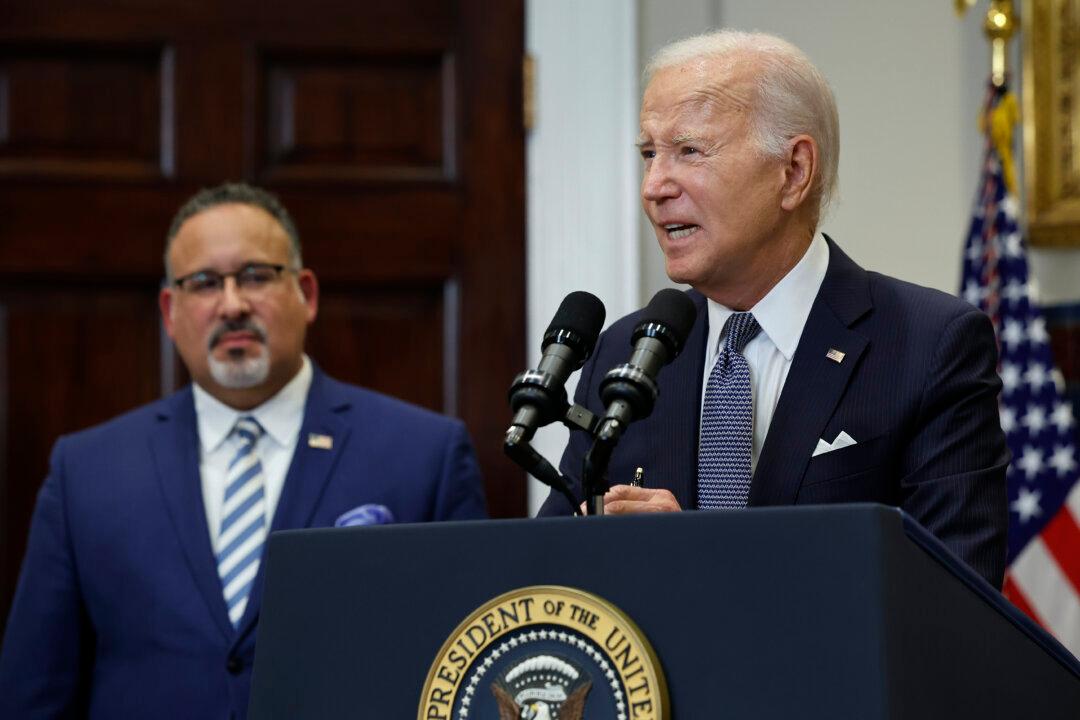In the latest challenge to President Joe Biden’s wide-ranging efforts to find ways to forgive student debt, a federal appeals court has blocked parts of an Education Department rule that sought to make it easier for student borrowers to get relief if they were the victims of fraud or were misled by colleges.
In a case that pits the Career Colleges & Schools of Texas (CCST) against the U.S. Department of Education, the New Orleans-based U.S. Court of Appeals for the 5th Circuit issued an order on Aug. 7 (pdf) that puts a hold on implementation of the so-called “borrower defense” provision of a Biden administration rule that meant to expand the triggers for student debt relief.





